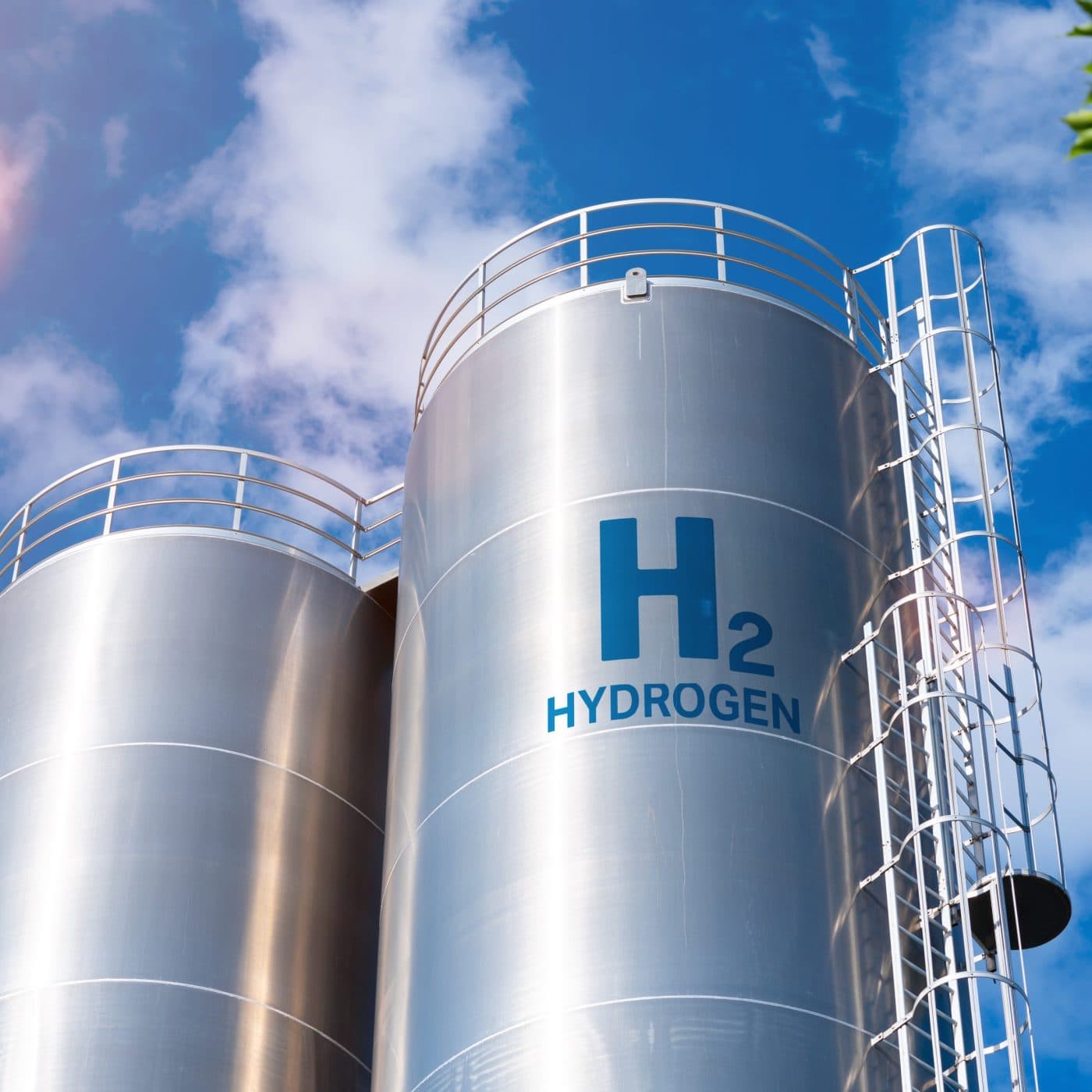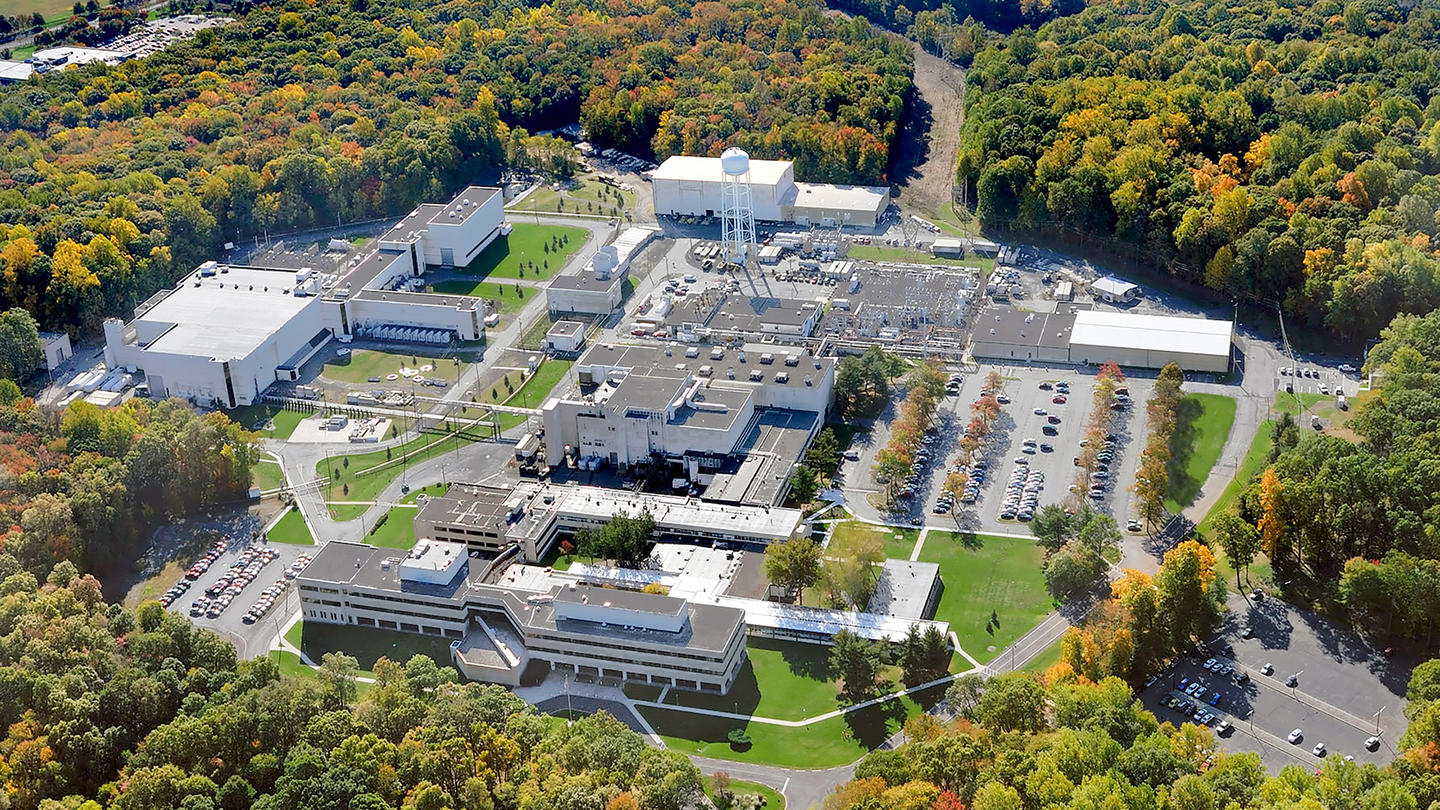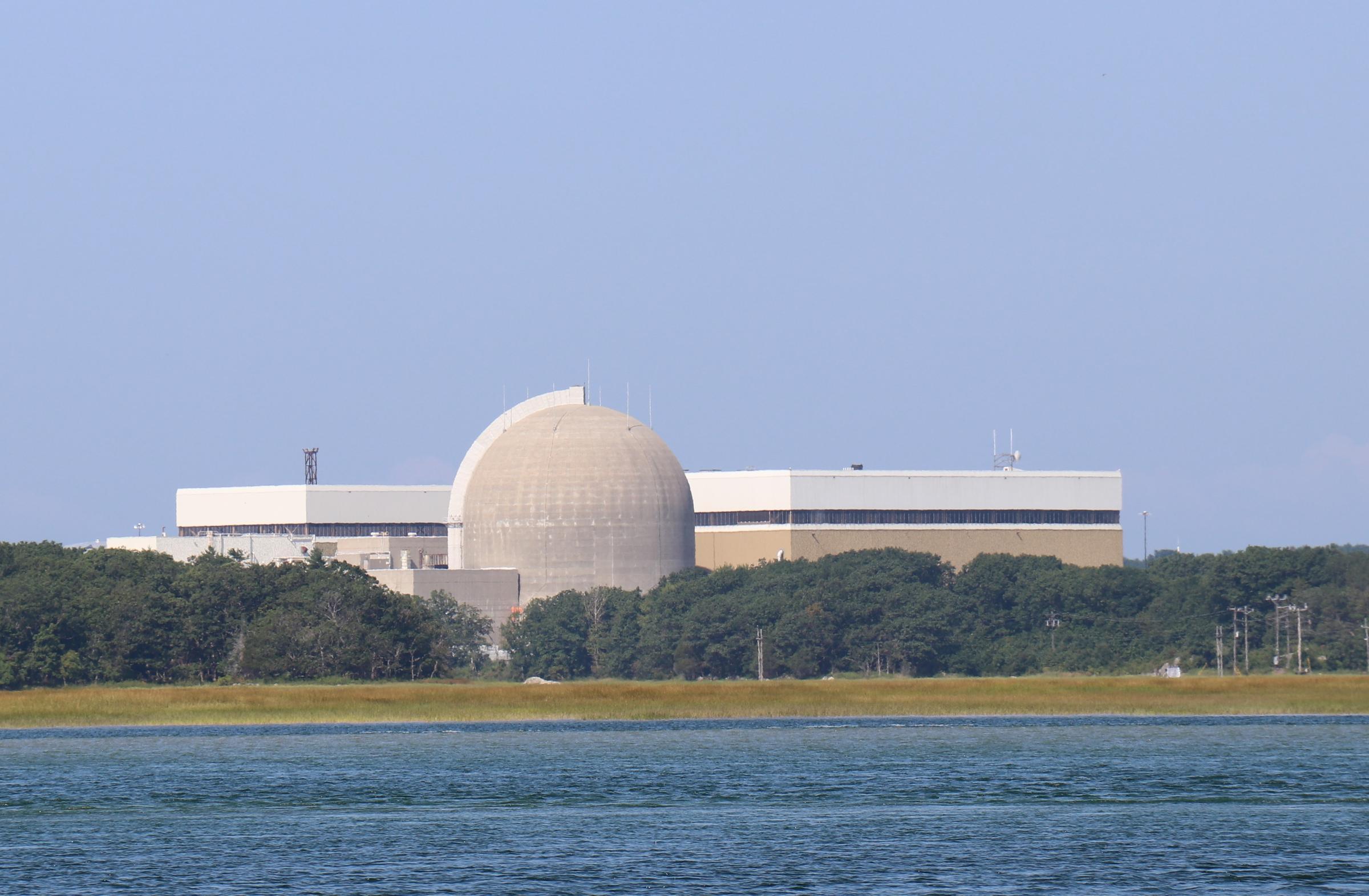
As global temperatures continue to surge, with 2023 marking the hottest year on record, the urgency to address climate change has never been more pressing. The European climate agency’s revelation that average global temperatures exceeded pre-industrial levels by 1.48 degrees Celsius underscores the imperative for swift and decisive action. In response to this dire situation, scientists and energy experts offer a roadmap of solutions encompassing renewables, nuclear power, methane reduction, and sustainable lifestyle choices.
Renewables Revolution:
The global consensus is clear: a decisive shift away from fossil fuels is imperative. The commitment made by nearly 200 countries at COP28 to triple the use of renewable energy by 2030 marks a watershed moment. However, achieving this ambitious goal requires new installations at double the current rate, a monumental task that necessitates unprecedented collaboration and commitment.
- Renewable Energy Goals:
The commitment at COP28 to move away from fossil fuels underscores the global acknowledgment of the need for renewable energy expansion. This historic pledge aims to triple the use of renewable energy by 2030, a crucial step toward mitigating the impact of climate change. - Solar and Wind Power Surge:
Solar and electric vehicles lead the charge in clean energy investment, with a 40% increase since 2020. The American Clean Power Association highlights the significant impact of onshore wind projects, emphasizing that a 200-megawatt project can have emissions equivalent to removing 100,000 cars from the road or planting 20 million trees.
Nuclear Power’s Role:
As a critical component of the clean energy mix, nuclear power emerges as a promising solution to replace fossil fuels and contribute to carbon-free electricity generation.
- IEA’s Call for Nuclear Expansion:
The International Energy Agency (IEA) advocates for a 3% annual expansion of global nuclear capacity to effectively control global warming. An initiative launched at COP28, with support from over 20 nations, including the United States, underscores the commitment to triple nuclear energy by 2050. - Next-Generation Nuclear Technology:
The U.S. nuclear industry is actively developing small modular reactors and microreactors, offering a scalable and cost-effective approach to powering communities, campuses, or military complexes. However, skeptics highlight the persistent safety, security, and environmental concerns associated with nuclear technology.
Methane Reduction Imperative:
Recognizing methane as a potent greenhouse gas, responsible for about 30% of current global warming, nations are prioritizing measures to curtail its emissions rapidly.
- Global Efforts to Reduce Methane Emissions:
At COP28, discussions centered on the urgency of cutting methane emissions, with the Biden administration issuing a rule targeting the U.S. oil and natural gas industry. Additionally, 50 oil companies pledged to reach near-zero methane emissions and cease wasteful practices by 2030.
Personal Choices and Climate Impact:
Individual actions play a pivotal role in combating climate change, with lifestyle choices contributing significantly to carbon footprints.
- UN’s Sustainable Development Goals:
The United Nations emphasizes individual responsibility in achieving sustainable development goals. Simple measures like energy conservation, transitioning to electric vehicles, reducing air travel, and adopting plant-based diets can collectively contribute to reducing carbon footprints. - Energy Efficiency Initiatives:
The UN advocates for energy-saving practices at home, such as using LED light bulbs, energy-efficient appliances, and improving insulation. Transitioning to electric heat pumps and electric vehicles further reduces carbon emissions, making a tangible impact on the environment.
Addressing the challenges posed by the hottest year on record demands a multifaceted approach. From a global commitment to renewable energy expansion and nuclear power to targeted efforts to reduce methane emissions and individual lifestyle choices, the collective response must be comprehensive and resolute. The record-breaking heat serves as a stark reminder that the time for action is now, and the combined efforts of nations, industries, and individuals are crucial in steering the planet towards a sustainable and resilient future.





